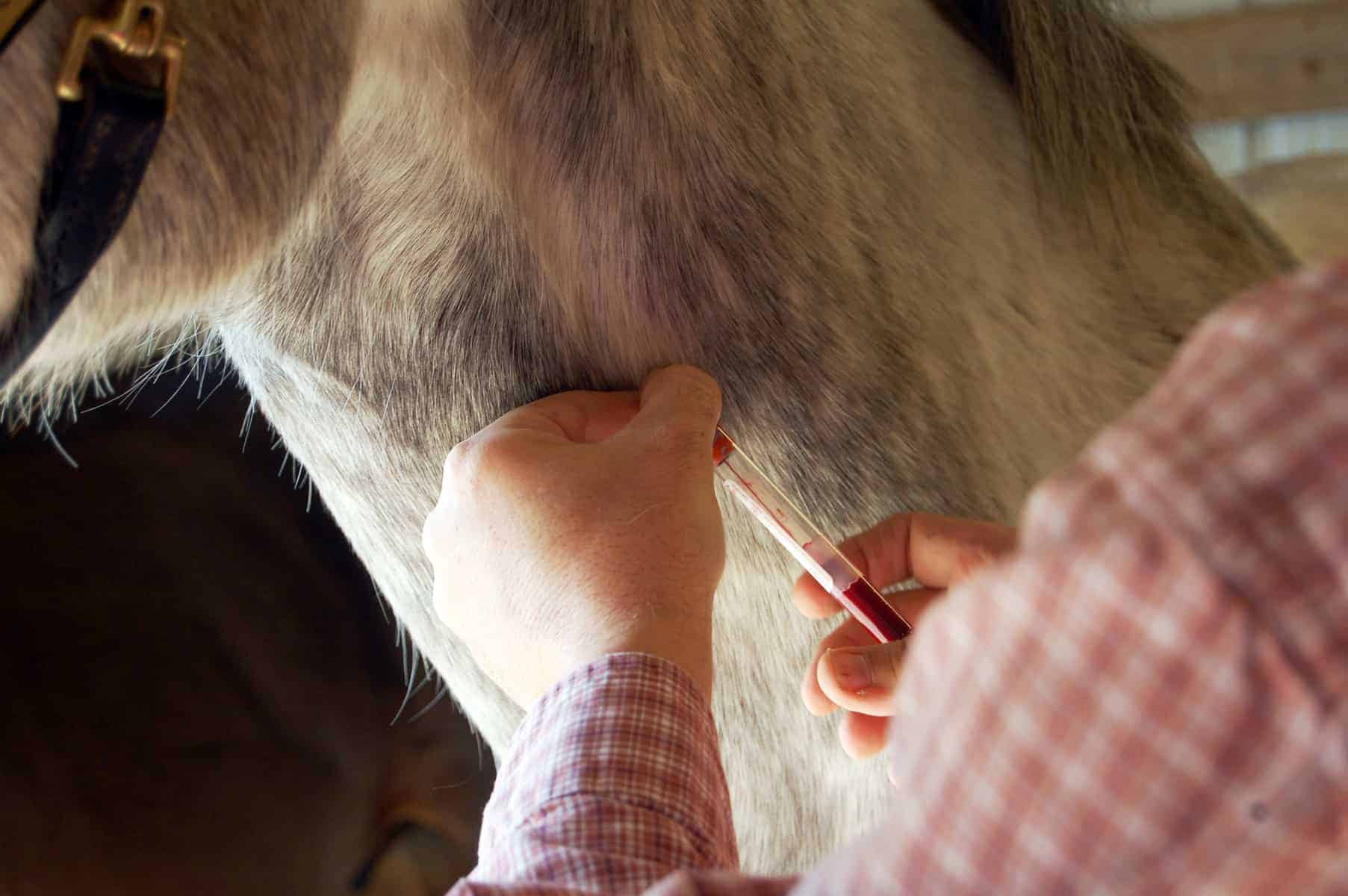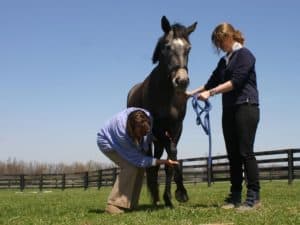Wyoming Horses Quarantined Following EIA Exposure

A horse that recently traveled from Colorado to Wyoming and back again has tested positive for equine infectious anemia (EIA), according to the Equine Disease Communication Center (EDCC).
Last week, “the Wyoming Livestock Board was notified by the Colorado Department of Agriculture that a horse which tested positive in Colorado for EIA had been moved to Sweetwater County, Wyoming,” the EDCC said. “While the horse was tested in Colorado, it was shipped prior to test results (being) reported and without an interstate certificate of veterinary inspection.”
The EDCC said the horse returned to Colorado, but a there are a number of Wyoming horses quarantined following EIA exposure. Animal health officials in that state have quarantined 41 exposed equids on the premise at which the horse was residing in Wyoming
Create a free account with TheHorse.com to view this content.
TheHorse.com is home to thousands of free articles about horse health care. In order to access some of our exclusive free content, you must be signed into TheHorse.com.
Start your free account today!
Already have an account?
and continue reading.

Written by:
Erica Larson
Related Articles
Stay on top of the most recent Horse Health news with












